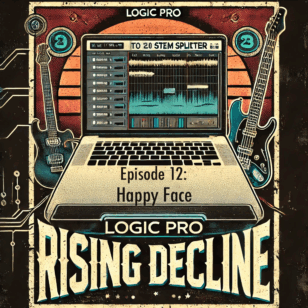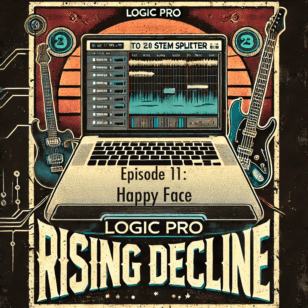The teacher’s version of The Impostor Syndrome sounds something like,
I don’t want other teachers looking at what I do. They’ll see I’m a fraud, & that I don’t really know what I’m doing.
Or, in infomercial terms: Do you feel like you’re fooling everyone? Making stuff up as you go? Do you ever wonder why you have been given a job as a teacher? Do you sit around and wait for your principal to walk in and say, “The gig is up. We need your keys.”
Pauline Clance and Suzanne Imes coined the term Impostor Syndrome (or Impostor Phenomenon) in a 1978 research paper (it’s a quick read). They looked at feelings of inadequacy from a neuroscience perspective. More recently, Dr. Valerie Young believes that 70% of professional feel like they’re not as talented as people think they are. Even Maya Angelou said,
Each time I write a book, … I think, ‘Uh oh, they’re going to find out now. I’ve run a game on everybody and they’re going to find me out.
As a teacher, it is easy to stay isolated and safe. If you never put your ideas out there, nobody will ever know that you aren’t talented. Sound familiar? The problem is that The Impostor Syndrome is killing teacher collaboration. Few teachers are sharing best practices, blog, share videos, share PowerPoints, etc. Instead, they keep all their (awesome) ideas to themselves.
The solution? Talk. EdCamps and Twitter chats require conversation. If you’re not participating in these, here’s how it goes: listen, participate, emulate, innovate. Simply knowing that others feel this same way could lead you to be willing to share your ideas and your work. Teaching is an art form, and I understand the hesitancy on the part of other teachers. So, while I’m still waiting for other shoe to drop and be pronounced a faker, I remind myself that most educators I know seem to think I’m pretty good at what I do. Now I just need to convince myself.



